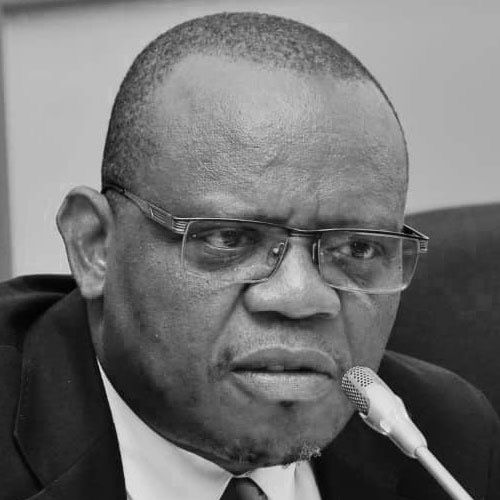Public service broadcasters face many challenges, including technological shifts, funding issues, changing consumption habits, and growth in competition from powerful global conglomerates. In order to survive in the new, and constantly transforming media ecosystem, public service broadcasters have sought to maintain their core values whilst also adapting to new operating models in a global media environment that increasingly prioritises networked communications. Since the 2000s, a paradigm shift has been underway in the media industry, driven by advancing digitalisation, the rise of ‘Big Tech’, namely the ‘GAFAs’ (Google, Apple, Facebook, Amazon), the fragmenta¬tion of audiences, and the growing focus on commercial gains. Subsequently, this shift has led to a transition from public service broadcasting (PSB) to public service media (PSM), a transformational project because it has not simply been a change in services, but in strategy and identity. Embarking on a journey of digitalisation has, more often than not, proven to be a rewarding challenge for public service media. While the latter continue to pursue their mandates to inform, educate, and entertain the public, thanks to digitalisation, they have also managed to provide high-quality, cost-effective content and embody the highest professional standards. Public broadcasters have also morphed into “social infrastructures of information” that deliver necessary information and content to audiences anytime, anywhere. This session will focus on the role of digitalisation as it continues to revolutionise the production and consumption patterns within the media ecosystem.
Discussion Themes
What kind of future awaits public broadcasters in the digital age?
How can public broadcasters keep up with digitalisation trends?
What are the key challenges facing public broadcasters in the digital age?
How are public broadcasters responding to the current challenges they face?
How can public broadcasters’ strategies adapt to future challenges?
Is the metaverse an opportunity or a threat to the future of public broadcasting?



